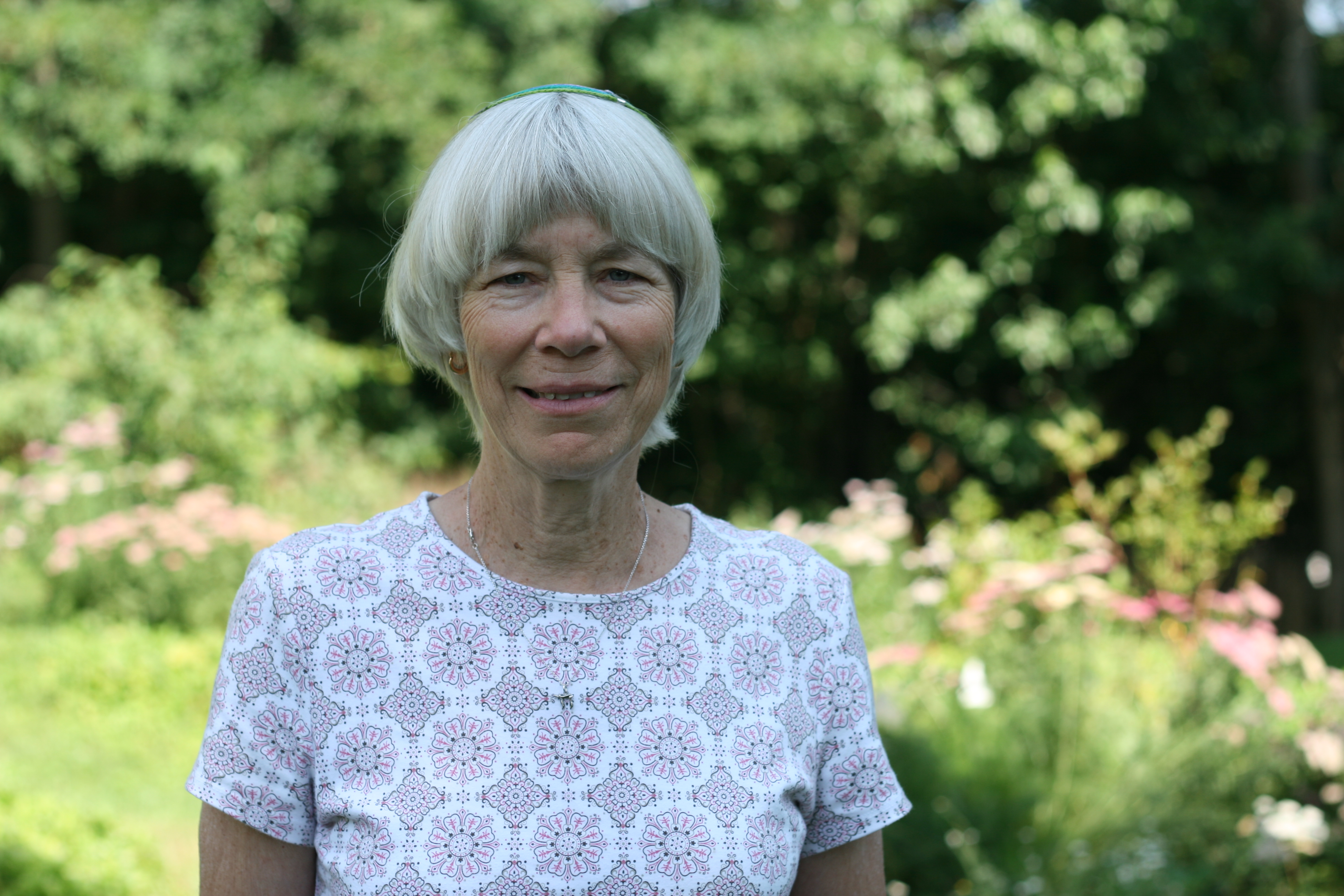“Justice, justice you shall pursue.” (Deut.16:20)
Perhaps no words from Torah are more famous, or more fully express the fundamental passion of Judaism for justice – justice for the poor, the widow, the orphan – for all those whom society might otherwise reject. Justice is even considered “more acceptable to the Lord than sacrifice” (Prov. 21:3), more important than ritual. To be fully Jewish demands that we pursue justice, and the Torah gives us myriad options about how to do so.
But why “Tzedek, tzedek – Justice, justice”? Why the repetition? Our sages provide options for understanding; Ibn Ezra alone offers several possible explanations: it is telling both of the contending parties to pursue justice whether or not it brings profit or loss; we must keep pursing justice time and again; and, simply, to emphasize the importance of the word.
In the context of today’s world, I would like to suggest another way to understand the repetition: one tzedek/justice is referring to climate change action and the second is referring to other forms of justice work.
Why give climate change its own tzedek/justice?
In various rabbinic texts, 15 different mitzvot, including observing Shabbat, studying Torah, and creating peace, are each equated with all the Torah or all mitzvot. Each of these 15 mitzvot is considered to embody all the ideals of the Torah. And the Torah provided the reason and purpose for creation: “God looked into the Torah and created the world.” (Ber. R. 1:1) In a similar way, climate change, which endangers much of that creation, can be equated with all other social justice issues because it impacts them all.
Consider what is happening to our planet:
- The concentration of the greenhouse gas carbon dioxide in the atmosphere has reached 410 parts per million, the highest in millions of years.
- The average global temperature has risen 1.7°F (1°C) since 1880.
- Arctic sea ice has shrunk to its lowest level on record, reaching a record low for the third consecutive year.
- Sea levels are rising at their fastest rate in more than 2,000 years, currently 3.4 mm a year.
- Earth Overshoot Day, the day annual human consumption of resources outstrips Earth’s ability to produce them, comes earlier every year. In 2000 it was in October; this year, it was August 2.
- The decreasing pH of ocean surface water makes it the most acidic ever in the last 300,000 years.
It is easy to read such facts without fully appreciating their significance. In Modern Hebrew, the word tzodek means “correct” or “true.” Climate change is real, it is happening now, and its impact is being felt by real people in vulnerable nations and populations across the globe. For example:
- Since 2008, 21.5 million people have been displaced as a result of climate change-related weather hazards.
- Each year, 30 million acres of previously arable land becomes desert, resulting in the loss of 22 million tons of grain annually.
- Climate change acts as a ‘threat multiplier’ in areas of ongoing conflict, making conflict more likely and displacement more difficult.
Less food, people more concentrated in certain areas, increasing conflicts, and population continuing to rise. Under these circumstances, people’s desire to avoid justice and just take care of themselves increases. It is a frightening scenario.
Recent research reports that the possibility that the world will keep to targeted goals of 1.5°C, or even 2°C, is unlikely. However, some scientists believe that reasonable hope – not for meeting our goals, but for avoiding total catastrophe – is still valid. But they make clear that time is limited and that to make the necessary changes requires hard work on many fronts and by many hands.
Yet we cannot focus on climate action to the exclusion of other justice work. And so, the second tzedek/justice encompasses pursuing all other social justice issues, every one of which is intensified by the global impacts of climate change. As desertification increases, ocean levels continue to rise, and disasters multiply, as fewer resources exist for an ever-growing population and the number of migrants fleeing disasters and conflicts increases, everything gets worse, especially for those who are the most vulnerable to begin with.
Maintaining hope in the face of the climate crisis is unrealistic unless we fully support climate action and passionate climate activists, in our personal lives, in our congregations, and in our communities, and unless we, ourselves, pursue justice for the planet and its inhabitants. As reminded by Proverbs, we cannot simply pray; just as we created the problem of climate change, so, too, must we actively pursue its reversal. We must do the difficult work of drastically reducing our personal and communal carbon footprints, working to increase carbon sequestration, and advocating beyond our personal realms for the voiceless planet upon which we depend.
At the same time, we must honor the doubling of the word tzedek/justice, and continue our passionate work for other social justice issues, the need for which will only continue to grow.
“Tzedek, tzedek tirdof – Justice, justice you shall pursue.”
Note: To get your congregation on a path toward a lower carbon footprint and further involved in climate action contact Green Faith or the Jewish Climate Action Network, or your local Interfaith Power and Light.
Rabbi Katy Allen is the founder and rabbi of Ma’yan Tikvah – A Wellspring of Hope, which holds services outdoors all year long, the co-founder and President pro-tem of the Boston-based Jewish Climate Action Network. She is a board certified chaplain and serves as an Eco-Chaplain and the Facilitator of One Earth Collaborative, a program of Open Spirit, and is a former hospital and hospice chaplain. She lives in Wayland, MA.

